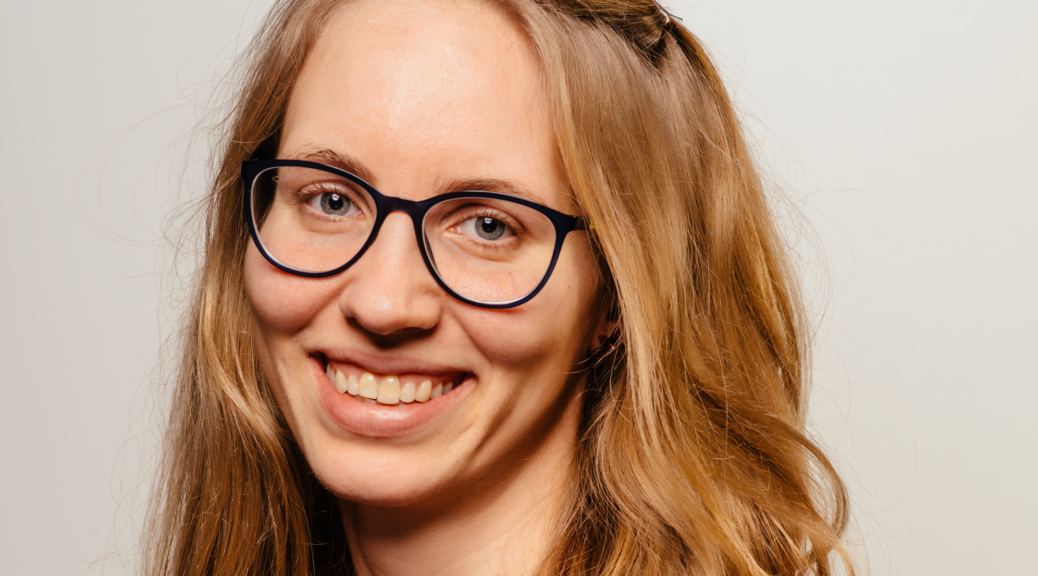Ludmila Matysková, one of our 2018 PhD in Economics graduates, has just begun her third year as a postdoctoral researcher at the Institute for Microeconomics at the University of Bonn.* In an interview with Ludmila we asked her why she chose Game Theory as her field of study and what aspects of her PhD studies have influenced her the most.
After your graduation in 2018, you became a postdoctoral researcher at the Institute for Microeconomics of the University of Bonn. Can you tell us more about your position and work there?
My work has not changed dramatically between my PhD studies and my position at Bonn. My time is mostly focused on research. Further, every postdoc has some limited teaching duties. I would say that the main difference is that I am more independent and “grown-up” since I do not have a supervisor anymore. Nevertheless, I still get a lot of feedback, mostly from my boss Dezsö Szalay and my fellow postdocs. Further, whenever I need it, I ask my former supervisor Jakub Steiner for his advice, so that’s about how much of a “grown-up” I am! ☺.
Overall, the main advantage of being at Bonn is that there is a huge group of theory postdocs, who are all working in a very narrow field. We can discuss our work, exchange ideas, and possibly find new coauthors in a very easy and natural way. One unfortunate feature is that we are scattered across three different buildings, so ultimately, we end up talking mostly just with the people in our own building. What a surprise: my coauthor Helene Mass has her office on the same floor as me ☺. However, we do try to overcome this limitation, for instance, by having a whatsapp postdoc group, that we mostly use for meeting up for lunches. Recently, we have also started to have regular online postdoc game nights and workshops “for postdocs by postdocs” to present works in early stages in a relaxed environment, without the “old wolves” present ;).
In your research, you focus on Information Economics and Game Theory. Why have you chosen this field of economics?
I have always liked playing games and strategizing. Who doesn’t like to play games, right? And if you can do it and get paid for it ☺…so when I learned about the existence of game theory during my Bachelor’s, I got hooked, and so far, I have not got unhooked. All my theses, from Bachelor to PhD, had something to do with game theory. Information economics came into the picture later, when I was at CERGE-EI and desperately trying to come up with some ideas for DPW. With all the rational inattention stuff flying around the building, it was very hard to resist ;). I am glad that I did not miss the opportunity to gain expertise from top researchers including Filip Matějka and Jakub Steiner.
What research projects are you currently working on?
I have put the rational inattention field on hold a little bit and started to look more generally into games of strategic information transmission, such as cheap talk games, games of verifiable disclosure, and Bayesian persuasion. Currently, I am working on understanding different features that can increase incentives to acquire information in such games.
The past two years have been turbulent due to the pandemic. You were one of the researchers who joined the IDEA anti Covid-19 project launched by CERGE-EI’s think tank IDEA to contribute expert ideas and recommendations to mitigate the negative economic effects of the pandemic. Can you briefly sum up your experience on this project and related studies you have worked on?
I was active in the early stages of the pandemic. I was impressed and proud that the project started so quickly and that so many researchers got involved. When it all started going down, I took part in the first study aiming for a fast translation of a game theoretical model of social distancing. Later on, I helped Ole Jann to translate his study on how to motivate (and not to demotivate) people to use devices for smart tracking of their contacts. I also was involved in a joint study describing the advantages and disadvantages of different testing strategies under a constrained supply, which we saw implemented in different parts of the world. Finally, I wrote a study on antibody serological testing and its use from a statistical point of view.
What has influenced you the most from your CERGE-EI studies?
Definitely my interaction with the professors, especially with my former supervisor Jakub Steiner. Thanks to CERGE-EI’s professors, I was lucky enough to gain some insights into what the bigger picture is in economics, what one should focus on, and, on the other hand, what is of minor importance. Later in my studies, I also gained a little better understanding of how people in the academic community operate, and what to expect from different places, which is quite important when deciding where to go.
I have also always admired Jakub Steiner’s presentation skills. It is as if he takes you by the hand, and just straightforwardly puts you on the path from the analysis to the results, not letting you wander off to the left or right or to lose track. At some point, I downloaded slides from a few of his presentations and “analyzed” them to understand the magic of how he does it. But, psst, don’t tell him.
*2023 placement update: Assistant Professor, University of Alicante, Spain
